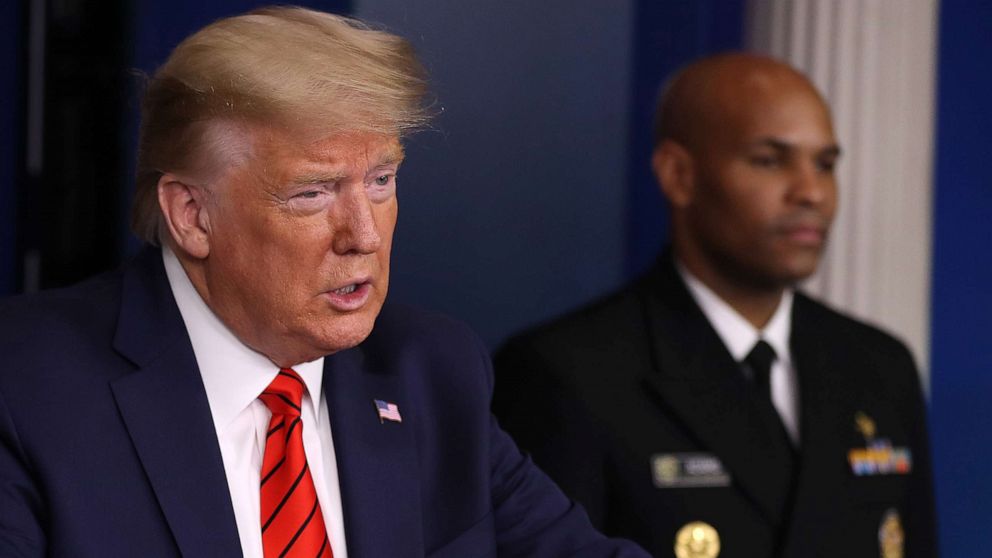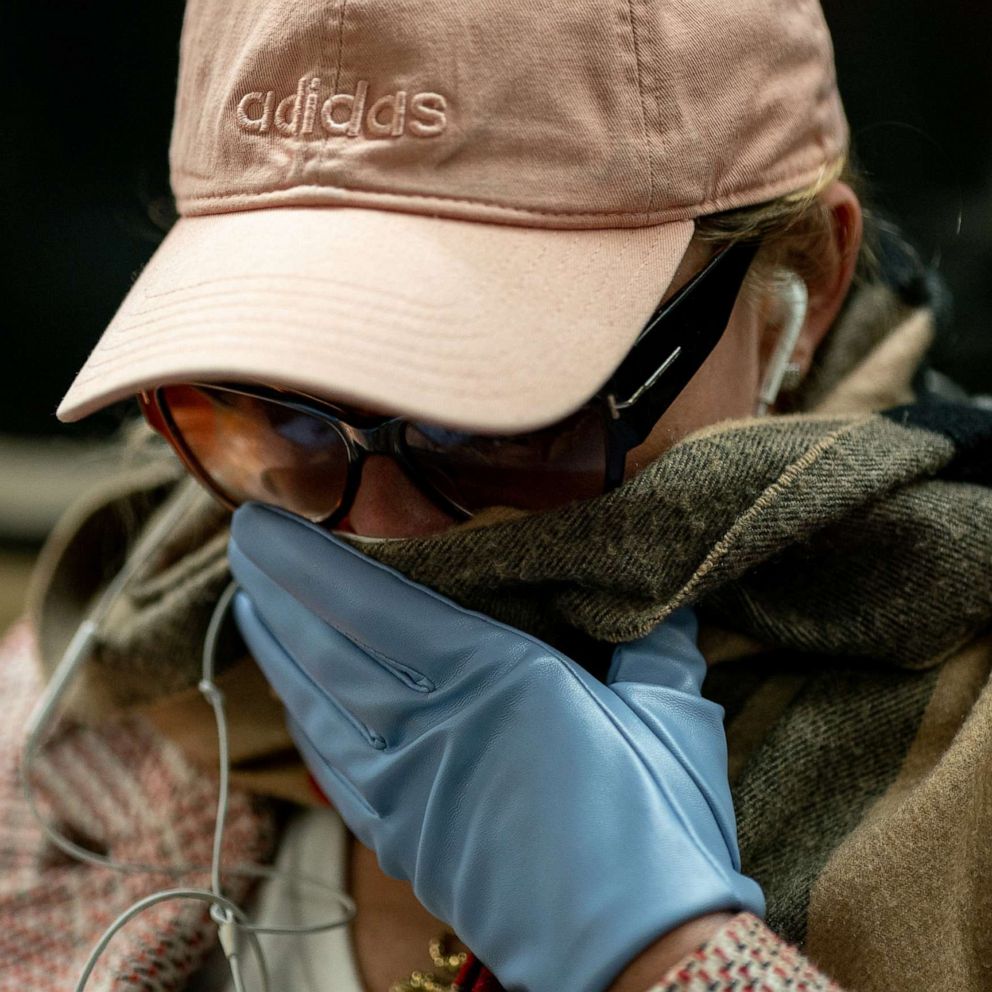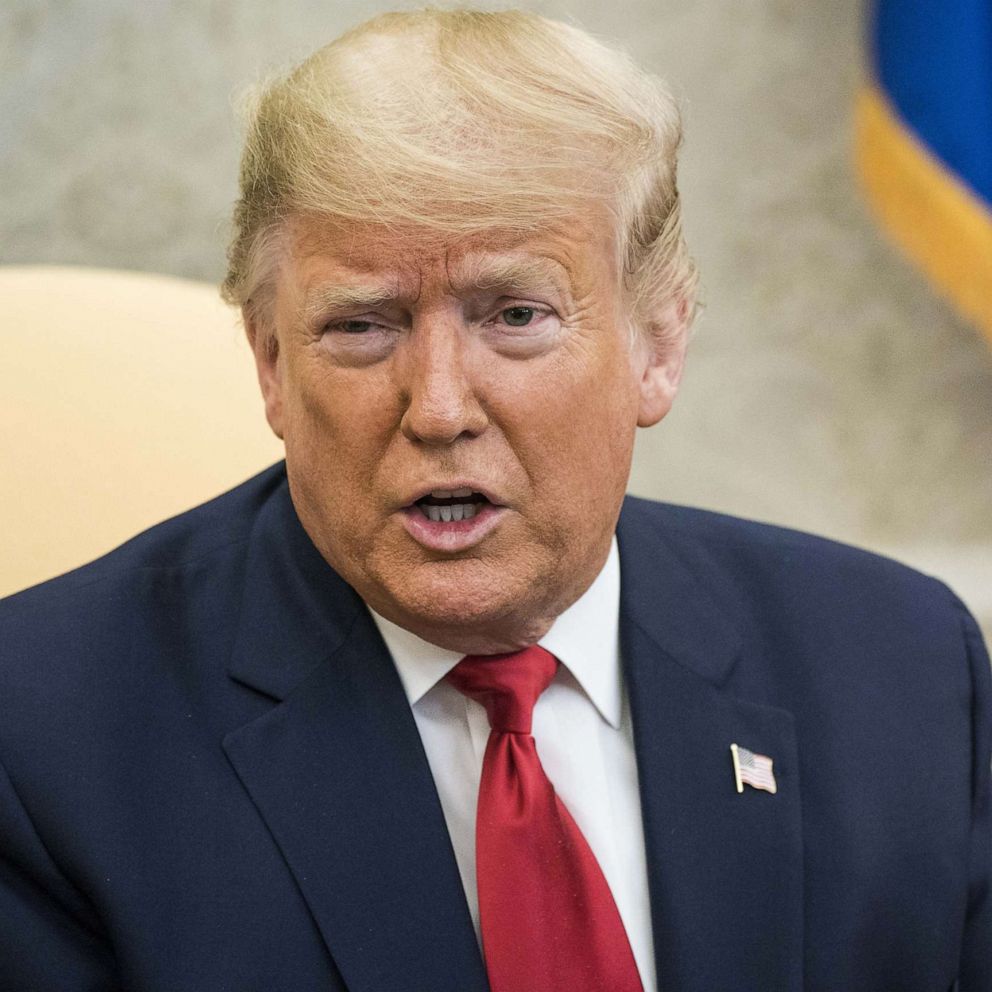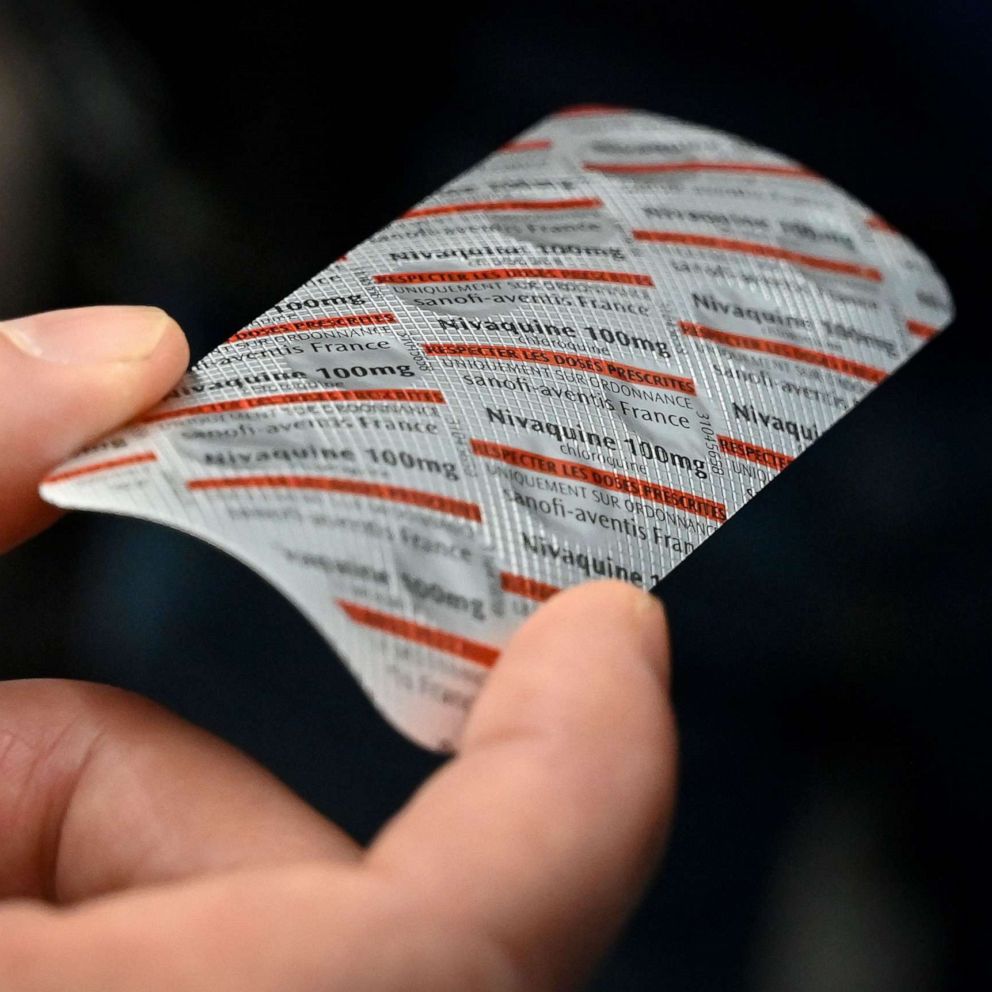Trump announces potential 'game changer' on drugs to treat novel coronavirus, but FDA says more study is needed
At a time when Americans turn to daily White House briefings for updates on the response to the novel coronavirus pandemic, the president's touting of possible drugs to treat the virus during an update on Thursday seemed muddled.
The president announced in that briefing that he’s directed the Food and Drug Administration to "eliminate outdated rules and bureaucracy" to help speed up the pace of testing drugs that could help treat the symptoms of COVID-19 and discussed two specific drugs as "essentially approved" for use against the virus. It was not immediately clear what rules or bureaucracy were being eliminated.
Tune into ABC at 1 p.m. ET and ABC News Live at 4 p.m. ET every weekday for special coverage of the novel coronavirus with the full ABC News team, including the latest news, context and analysis.
But while the drugs are being used in clinical trials and in some limited cases as off-label experimental use -- the FDA has not officially endorsed any as safe and effective against COVID-19, saying more data and study is needed before making a decision.
"Those are two that are out now, essentially approved for prescribed use," Trump said of the antiviral drug Remsdesivir, which has never been approved by the FDA for any disease, and the drug chloroquine, which has only been approved to treat malaria and some arthritis -- neither is approved for COVID-19.
"And I think it's going to be very exciting. I think it could be a game changer. And maybe not. Maybe not, but I think it could be, based on what I see, it could be a game changer. Very powerful, they’re very powerful," he said.
FDA Commissioner Steven Hahn clarified that the agency is still looking at data around numerous drugs to determine if they can be used to treat COVID-19, saying that even if drugs show promise they need to determine the right dosage and best time for it to be administered safely.
"One of the things that we promised the American people as we will collect the data and make the absolute right decisions based upon those data about the safety and efficacy of the treatments," Hahn said. "We are working expeditiously and we are working to make sure these products are as safe and effective as they possibly can be."
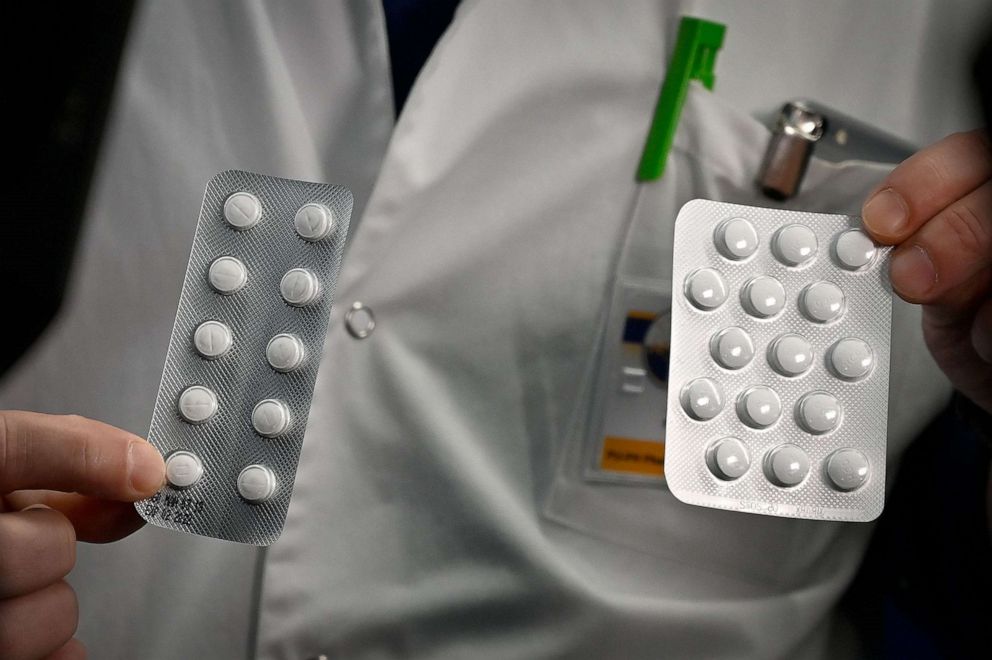
When talking about the malaria drug chloroquine, Trump said that it has already been tested and is on the market which can speed up new approval, saying it is "essentially approved." While saying that the FDA is still studying the drug, he also implied that it would be available immediately by prescription.
"We are going to be able to make that drug available almost immediately. That's where the FDA has been so great. They've gone through the approval process. It's been approved. And they did it, they took it down for many, many months to immediate. We are going to be able to make that drug available by prescription or states," he said.
Hahn followed up to say that while chloroquine is approved for use against malaria and, in some cases arthritis, the FDA wants to answer more questions in a large-scale clinical trial to determine what impact it could have on a patient battling novel coronavirus. He later added in a written statement that "we also must ensure these products are effective; otherwise we risk treating patients with a product that might not work when they could have pursued other, more appropriate, treatments."
Because it is already approved to be on the market, physicians could in theory prescribe it to treat COVID-19 as an off label use. But the FDA still does not say that the drug will necessarily be effective against the virus and and it would not be available in wide use until the FDA approves it for COVID-19 treatment. Initial trials have shown encouraging results when chloroquine is used to treat COVID-19 but still not enough to officially gain FDA approval.
Bayer announced Thursday it has donated 3 million tablets of Resochin, a chloroquine tablet, to the government response and is working with them to get authorization for emergency use.
The president also mentioned the antiviral Remdesivir, saying it "has been approved or very close to approved" by the FDA.
The FDA has allowed Remdesivir to be used in clinical trials to test its effectiveness against COVID-19 under a compassionate use rule, which basically says doctors can use new or unapproved drugs in cases where there are no other treatment options. But the FDA has not approved any drugs to treat the novel coronavirus.
The president repeated some of his claims later Thursday while visiting the Federal Emergency Management Agency headquarters in Washington.
Trump has repeatedly made broad statements or overpromised solutions to the COVID-19 outbreak. Top U.S. health officials have -- on multiple occasions -- walked back those claims, including on how quickly vaccines and treatments would be widely available.
What to know about coronavirus:
- How it started and how to protect yourself: coronavirus explained
- What to do if you have symptoms: coronavirus symptoms
- Tracking the spread in the US and Worldwide: coronavirus map
